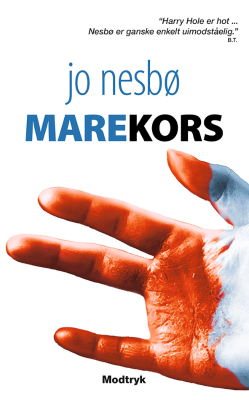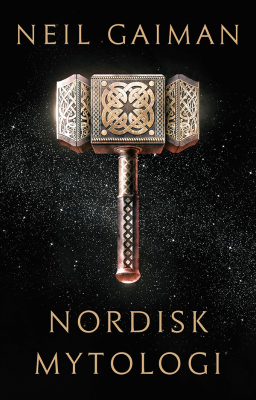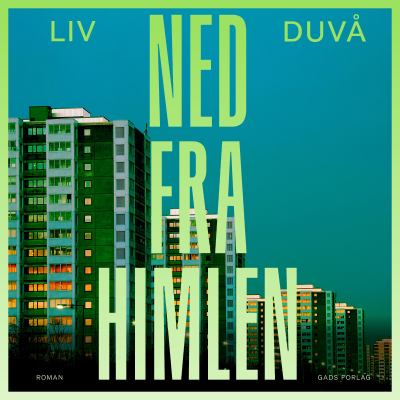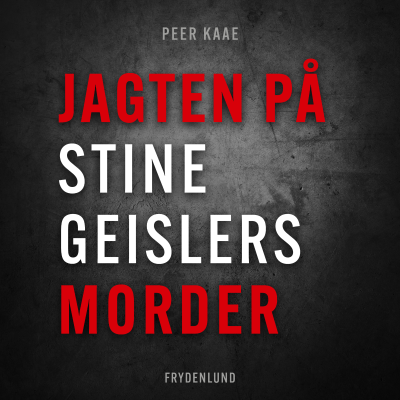
Hackaday Podcast
Podcast af Hackaday
Begrænset tilbud
3 måneder kun 9,00 kr.
Derefter 99,00 kr. / månedIngen binding.

Mere end 1 million lyttere
Du vil elske Podimo, og du er ikke alene
Rated 4.7 in the App Store
Læs mere Hackaday Podcast
Hackaday Editors take a look at all of the interesting uses of technology that pop up on the internet each week. Topics cover a wide range like bending consumer electronics to your will, designing circuit boards, building robots, writing software, 3D printing interesting objects, and using machine tools. Get your fix of geeky goodness from new episodes every Friday morning.
Alle episoder
331 episoderTime for another European flavoured Hackaday Podcast this week, as Elliot Williams is joined by Jenny List, two writers sweltering in the humidity of a Central European summer. Both of our fans and air conditioners made enough noise to be picked up on the microphone when they were turned on, so we're suffering for your entertainment. The big Hackaday news stories of the week are twofold, firstly a cat-themed set of winners for the 2025 Pet Hacks contest [https://hackaday.com/2025/06/24/announcing-the-2025-pet-hacks-winners/], and then the announcement of a fresh competition: the 2025 Hackaday One Hertz Challenge [https://hackaday.com/2025/06/26/announcing-the-2025-hackaday-one-hertz-challenge/]. Get your once-a-second projects ready! This week gave us a nice pile of interesting hacks, including some next-level work growing and machining the crystal for a home-made Pockels cell light valve, an pcoming technique for glass 3D prints, and enough vulnerabilities to make any Nissan Leaf owner nervous. We note that mechanical 7-segment displays are an arena showing excellent hacks, and we're here for it. Meanwhile among the quick hacks a filament made of PLA with a PETG core caught Elliot's eye, while Jenny was impressed with a beautifully-made paper tape punch. Finally in the can't miss section, The latest in Dan Maloney's Mining and Refining series looks at drilling and blasting. Such an explosive piece should come last, but wait! There's more! Al Williams gives us a potted history of satellite phones, and explains why you don't carry an Iridium in your pocket.
This week, Hackaday's Elliot Williams and Al Williams caught up after a week-long hiatus. There was a lot to talk about, including clocks, DIY USB cables, and more. In Hackaday news, the 2025 Pet Hacks Contest [https://hackaday.io/contest/202866-2025-pet-hacks-challenge] is a wrap. Winners will be announced soon, so stay tuned. Meanwhile, how'd you like a free ticket to attend Supercon? Well, free if you submit a talk [https://hackaday.com/2025/05/22/hackaday-supercon-2025-call-for-participation-we-want-you/] and get accepted. November is right around the corner, so get those talks ready. Hackaday is a big fan of the NOAA Polar sats [https://hackaday.com/2025/06/12/end-of-an-era-noaas-polar-sats-wind-down-operations/], and it looks like they are on their last figurative legs. The agency has left them up for now, but won't be keeping them in shape, and if they misbehave, they may be neutralized for safety. Since Elliot was off, Al supplied the sound, and in a bout of karma, Elliot had to do the guessing this week. How'd he do? Not bad, but there's room to do better. If you do better, there could be a coveted Hackaday Podcast T-shirt in your future. Moving on the hacks, the guys were interested in magnets, clocks, cables, 3D printed machine tools, and even old moonbase proposals. For the can't miss articles, Al took the bifecta, since Elliot picked a piece on the machine that generated laugh tracks in the latter part of the 20th century and Al shamelessly picked his own article about the role of British ham radio operators during WWII. Miss anything? Check out the links and catch up [https://hackaday.com/2025/06/20/hackaday-podcast-episode-325-the-laugh-track-machine-diy-usb-c-power-cables-and-plastic-punches/]. As always, drop a comment and tell us what you think about the week in Hackaday.
This week, Hackaday's Elliot Williams and Kristina Panos joined forces to bring you the latest news, mystery sound, and of course, a big bunch of hacks from the previous week. In Hackaday news, the 2025 Pet Hacks Contest [https://hackaday.io/contest/202866-2025-pet-hacks-challenge] rolls on, but only for a short time longer. You have until Tuesday, June 10th to show us what you've got, so head over to Hackaday.IO and get started now! In other news, check out what adaptive optics can do when it comes to capturing pictures of the Sun. In other, other news, there won't be a Podcast next week as Elliot is on vacation. On What's That Sound, Kristina failed once again, but four of you guessed correctly. Congratulations to [ToyoKogyo12aTurbo] who fared better and wins a limited edition Hackaday Podcast t-shirt! After that, it's on to the hacks and such, beginning with a largely-printed 6-DOF robot arm. We take a look at a bunch of awesome 3D prints like guitars and skateboards, take a look at some pet hacks, and discuss brick layers in orcaslicer. Finally, we talk a lot about keyboards, especially the quickly-evaporating Blackberry keyboards and why they're disappearing. Check out the links below if you want to follow along, and as always, tell us what you think about this episode in the comments!
Our choice of hacks included a fond look at embedded systems and the classic fashion sense of Cornell's Bruce Land, risky open CRT surgery, a very strange but very cool way to make music, and the ultimate backyard astronomer's observatory. We talked about Stamp collecting for SMD prototyping, crushing aluminum with a boatload of current, a PC that heats your seat, and bringing HDMI to the Commodore 64. We also took a look at flight tracking IRL, a Flipper-based POV, the ultimate internet toaster, and printing SVGs for fun and profit. Finally, we wrapped things up with a look at the tech behind real-time river flow tracking and a peek inside the surprisingly energetic world of fuel cells. Check out all the links over at Hackaday [https://hackaday.com/2025/05/30/hackaday-podcast-episode-323-impossible-crt-surgery-fuel-cells-stream-gages-and-a-love-letter-to-microcontrollers/]!
We're back in Europe for this week's Hackaday podcast, as Elliot Williams is joined by Jenny List. In the news this week is the passing of Ed Smylie, the engineer who devised the famous improvised carbon dioxide filter that saved the Apollo 13 astronauts with duct tape. Closer to home is the announcement of the call for participation for this year's Hackaday Supercon; we know you will have some ideas and projects you'd like to share. Interesting hacks this week include a new Mac Plus motherboard and Doom (just) running on an Atari ST, while a LoRa secure messenger and an astounding open-source Ethernet switch captivated us on the hardware front. We also take a dive into the Mouse programming language, a minimalist stack-based environment from the 1970s. Among the quick hacks are a semiconductor dopant you can safely make at home, and a beautiful Mac Mini based cyberdeck. Finally, we wrap up with our colleague [Maya Posch] making the case for a graceful degradation of web standards, something which is now sadly missing from so much of the online world, and then with the discovery that ChatGPT can make a passable show of emulating a Hackaday scribe. Don't worry folks, we're still reassuringly meat-based.

Rated 4.7 in the App Store
Begrænset tilbud
3 måneder kun 9,00 kr.
Derefter 99,00 kr. / månedIngen binding.
Eksklusive podcasts
Uden reklamer
Gratis podcasts
Lydbøger
20 timer / måned

































